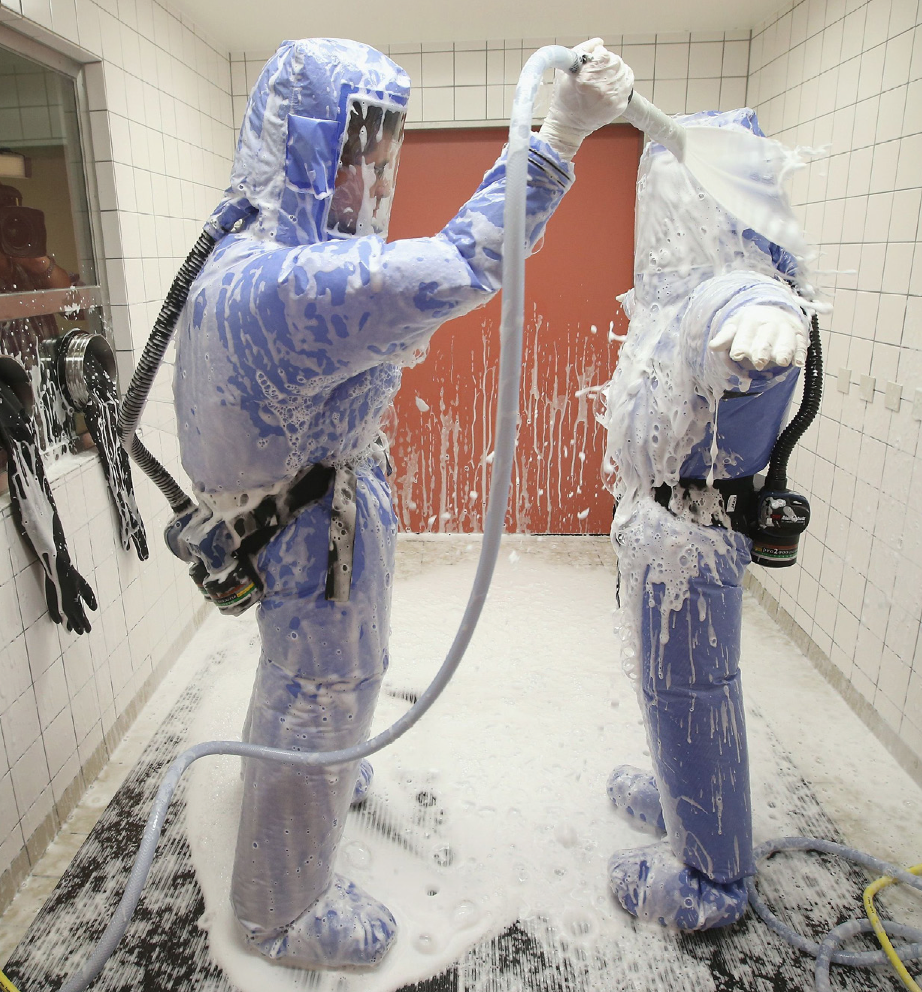“Have you been traveling recently?”
“Yes, I just came back from Africa.”
“Where in Africa? What were you doing there?”
“I was in Guinea. My father runs a medical assistance program for the United Nations.”
“When did you get back?”
“Five days ago.”
“Young lady, please come with me, and don’t touch anything.”
This was the encounter I had when I entered the Metropolitan Hospital on Monday, October 13. Now, before all of Fieldston goes into panic mode, I was not in West Africa four weeks ago. In fact, I have never been to the continent of Africa at all. I was simply partaking in an exercise that, if anything, should help eradicate most of our fears about Ebola.
My father, Todd Hixson, is the hospital administrator at the Metropolitan Hospital on the Upper East Side. His job involves organizing doctors and administrative staff in the hospital. Recently, he has been responsible for practicing protocol for any cases of Ebola that might enter his hospital.
My father has been doing Ebola drills with his staff for many weeks now, but the night I played the Ebola patient was slightly different. On any given drill night, my father would have entered the hospital pretending to have Ebola. Within a minute or two, the staff would have realized it was a drill because they recognized my father. However, they had never met me, so for thirty minutes on that seemingly normal Monday night, the hospital staff thought I had Ebola.
When I went into the emergency room I was asked to explain my symptoms. I was immediately taken to an isolation room when the nurse on call saw me as a potential risk. As I sat in isolation I watched the doctors and nurses rushing around outside, getting ready to apply all that they had practiced.
One doctor and one nurse put on several layers of protective gear including two layers of rubber gloves, scrub pant legs, and a splashguard. Over the speaker in the hospital I heard a man say, “Code E. Everyone, we have a code E.” Just as the doctor and nurse were about to come into my room, my father entered and said: “Excuse me, can I have everyone’s attention for one second? That is my daughter in this room, and this is a drill.” Outside of the room I heard enormous sighs of relief, nervous laughter, and a woman on the verge of tears.
The staff proceeded as though this was not a drill, asking me all the appropriate questions and taking the necessary precautions. At the end I was applauded for my performance as Ebola patient #1, and dismissed while the staff did a recap of the evening.
Some might say that the drill was successful because of my incredible acting skills, but in truth, the staff at the hospital was prepared and ready for the situation.
A statistic that many of us have heard is that more people have been married to Kim Kardashian than Americans have died from Ebola. While this may make us laugh and minimizes our concern about Ebola affecting our own lives, there are many, many people in West African countries who are dying from this disease, and they need our help.
I am not telling you not to be worried about Ebola, because, admittedly, a deadly, contagious disease that we know very little about is scary. But let’s try to put ours situation in perspective. The faster we can turn our attention to people that are suffering in West African countries and treat them, the faster we will no longer have to fear Ebola.






